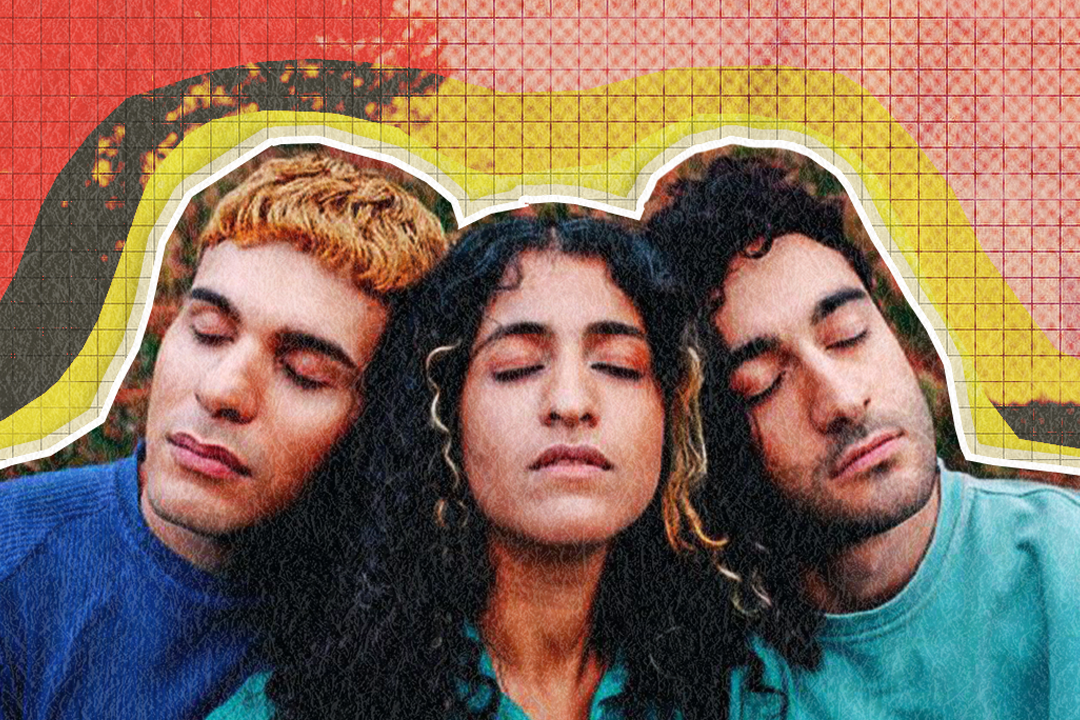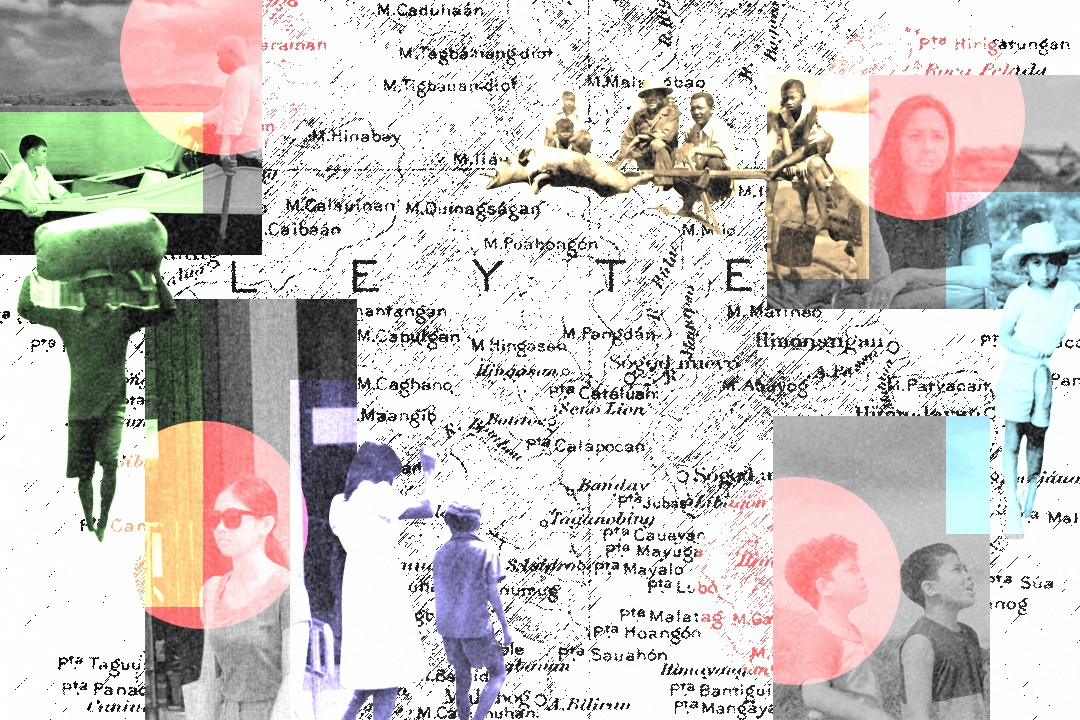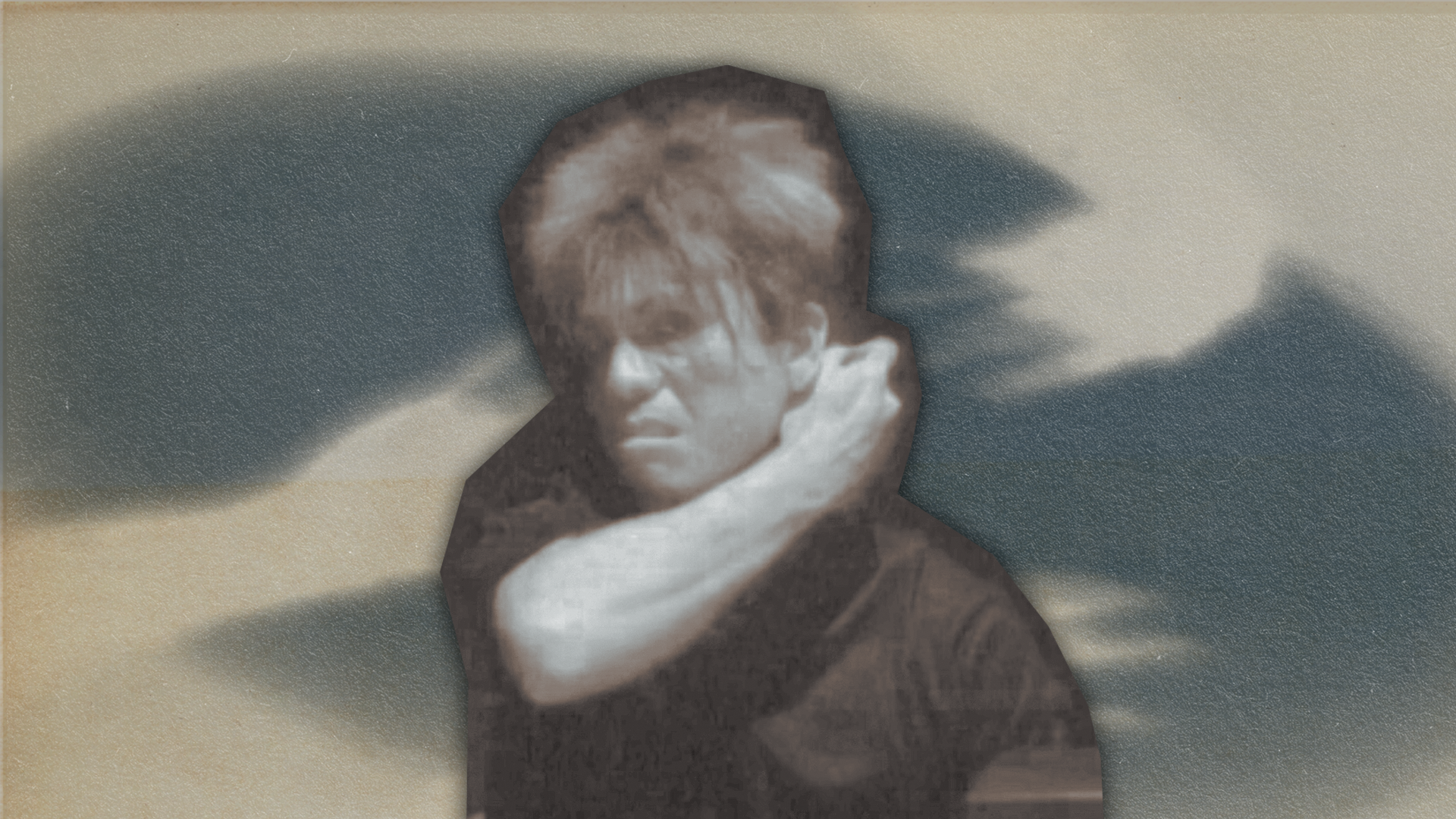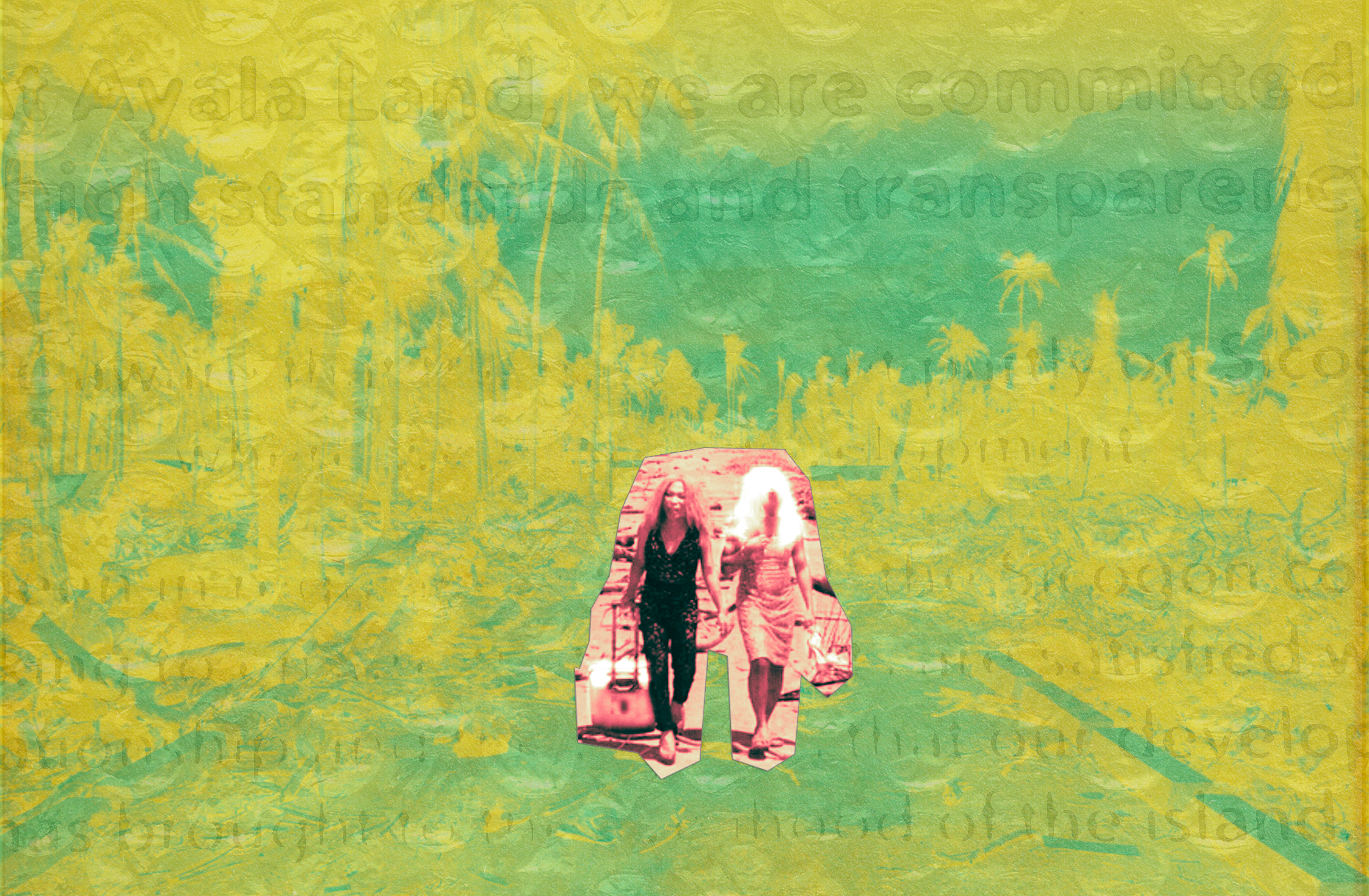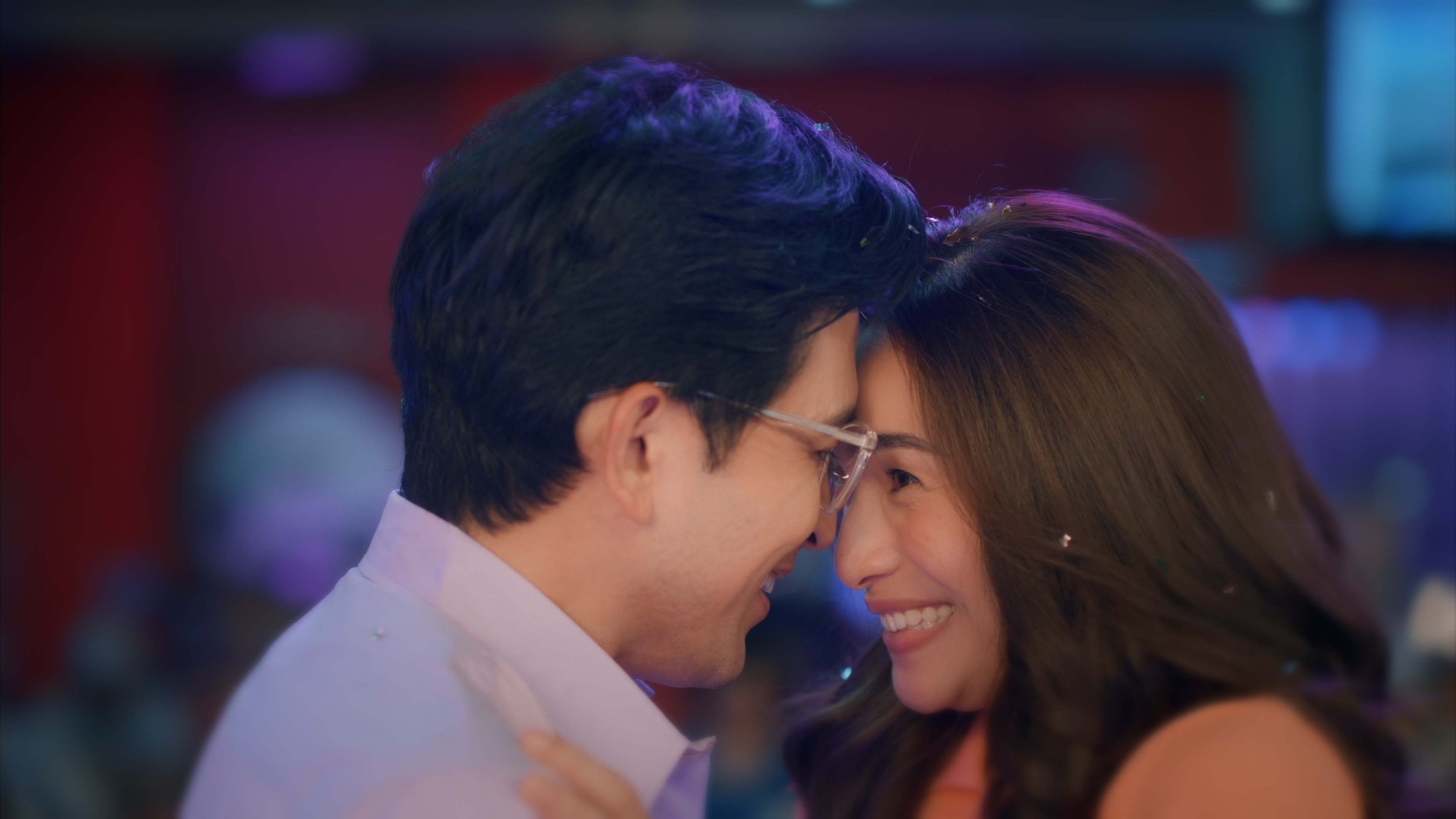No Hard Feelings: The (most vulnerable) time of your life
No Hard Feelings: The (most vulnerable) time of your life
Feature art by Jasmine C. Cabriles
I still vividly remember the period in my life after I turned 18 — the strange, terrifying feeling of everyone telling me I was an adult now, even if I didn’t necessarily feel like one. To be honest, I was terrified, and still am, of being considered an adult. I felt so scared and vulnerable — like I just wanted someone to tell me how I should be living my life. Suddenly being thrust into a world where you have to make all the decisions and decide who you want to be is never easy. It feels like you’re never sure of anything.
No Hard Feelings or Futur Drei, directed by Faraz Shariat, is a coming-of-age drama about twenty-something-year-old Iranian immigrants living in Germany. While I will never fully understand what it is like to be an immigrant, I am someone who relates to coming-of-age films, as someone currently going through that same period in my life.
Our first lead is Parvis, who is the son of first-generation Iranian immigrants. Parvis is bleach blond, openly queer, and a frequent indulger in Germany’s nightlife and hookups. His family runs a small supermarket and has tried to give him a good life growing up in Germany and has, by all accounts, succeeded. After a minor infraction, Parvis is sentenced to community service at a refugee detention centre. It is here we meet our second lead, Amon, and his older sister, Banafshe.
In contrast, Amon and his sister Banafshe are two Iranian siblings living in a German refugee detention centre and in danger of being deported. They have been there awhile and live and work in Germany but have largely been without the privileges that living in the country holds — always on a knife’s edge of being forced to leave.
Something I truly appreciated about this film was the way it portrayed the difference in experience between immigrants who are born, or come to a country at a young age, and immigrants who arrive later or are even forced to flee their own countries at an older age.
I feel like I haven’t seen that perspective as often in films about immigrants' experiences. The duality of refugee detention centres is portrayed well. It is both a place where one feels free to embrace their culture joyfully, but also a place for the people that Western countries feel free to discard.
There is an unfortunate power in being able to assimilate early into a new culture. When the film moves back and forth, one can clearly see the difference. In contrast to Parvis and his family’s home, where Parvis has a large, curated room all to himself, Amon and Banafshe are often seen sleeping in close quarters, in a room stuffed full of all their personal belongings within easy reach just in case they need to relocate.
Benjamin Radjaipour as Parvis, Eidin Jalali as Amon, and Banafshe Hourmazdi as Banafshe | Still taken from the Sicilia Queer International New Visions Film Fest
There is a certain privilege that Parvis has that Amon and Banafshe do not. Parvis has been a part of the German landscape for his whole life, that he has almost fully blended in, to the point of ignorance at times. Unlike Amon and Banafshe, Parvis is much less connected to his own culture.
He doesn’t understand why his Iranian parents long to go back to Iran when they have a good life in Germany. He blanches at his German hookup criticizing the body hair and smell of other immigrants like him. In contrast, Amon and Banafshe speak fluent Farsi and keep up with Iranian traditions like dancing and even familial attitudes. It is something that they carry with them — easy as breathing — as people who grew up in their homeland.
As these two worlds come together, Parvis, Amon, and Banafshe form a strong bond. Parvis and Amon are drawn to each other romantically, while Parvis and Banafshe become close friends. The three have the kind of bond that I think you are only truly able to form when you’re in your early twenties.
They bond over their culture through Iranian greetings and dances. They drunkenly spend time together on the streets of Germany in almost music video-like scenes, at parties and clubs — all while the threat of deportation looms large over Banafshe’s head. It’s the bittersweetness of a ticking clock on their time together.
Faraz Shariat manages to understand the inherent uncertainty and vulnerability of both the coming-of-age and immigrant experience in a simple, yet honest and emotional film. The three lead actors play off of each other beautifully and have a certain honesty in their performances that makes me buy into their shakiness. While some scenes skew into music video territory, there is a lot here to enjoy in terms of contrasts.
The vibrant expressions of culture both in and out of the centre play against an almost bleak landscape that makes Germany seem bland by comparison. This film really captured the feeling of being caught in between two worlds and never fully fitting in either one in a way that made me extremely emotional leaving the theater.
‘No Hard Feelings’ was screened as a part of Kinofest 2024.
ABOUT THE AUTHOR
Gab Aniceto is a writer and illustrator currently studying AB-Animation at De La Salle College of St. Benilde. She's a big 'ole nerd and loves campy comedies and sci-fi movies, with a fondness for ones from the 90s. You can find her making art at @navyblueart on different social media platforms and as one of the hosts of 'The Secret Treehouse' podcast.



